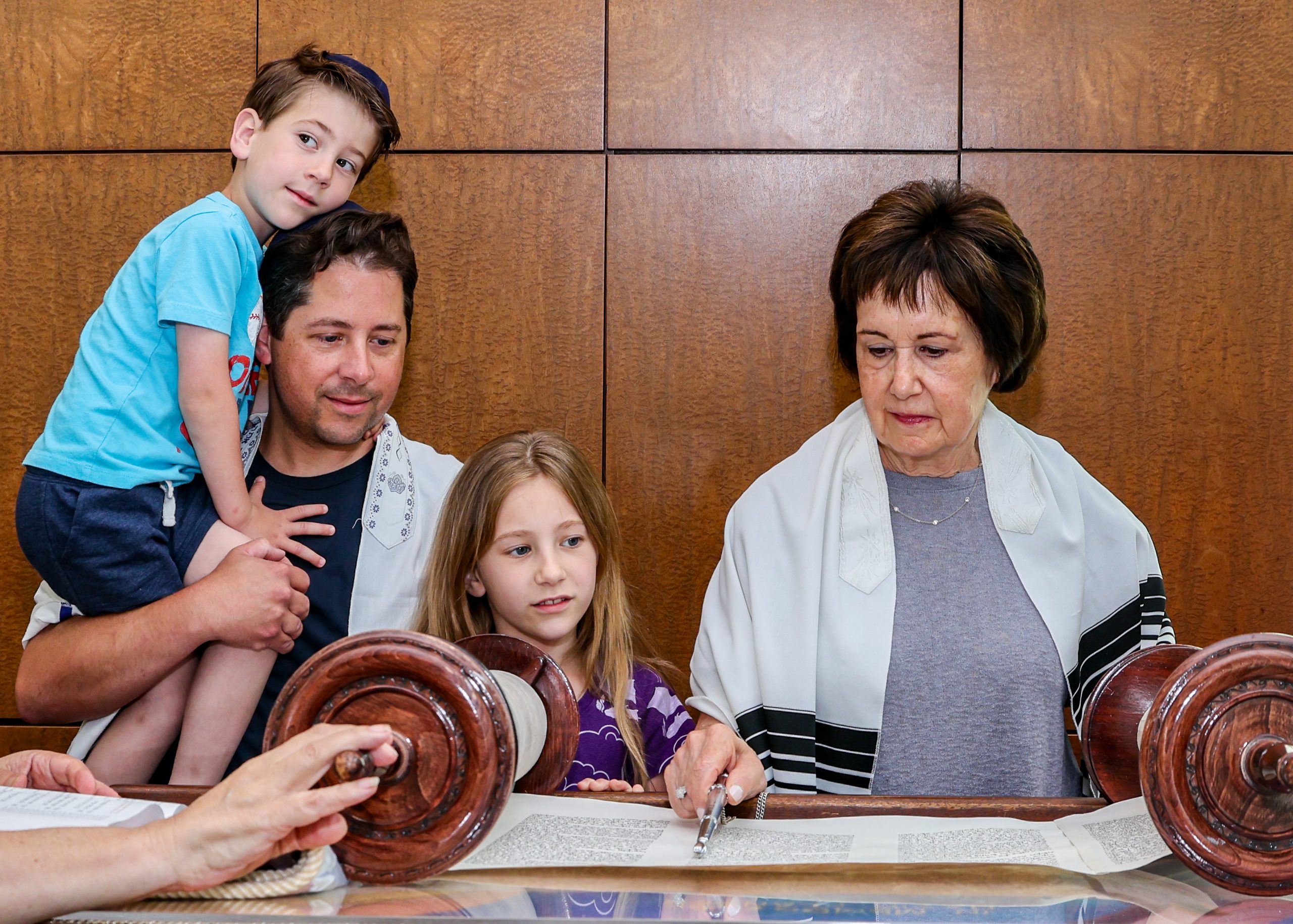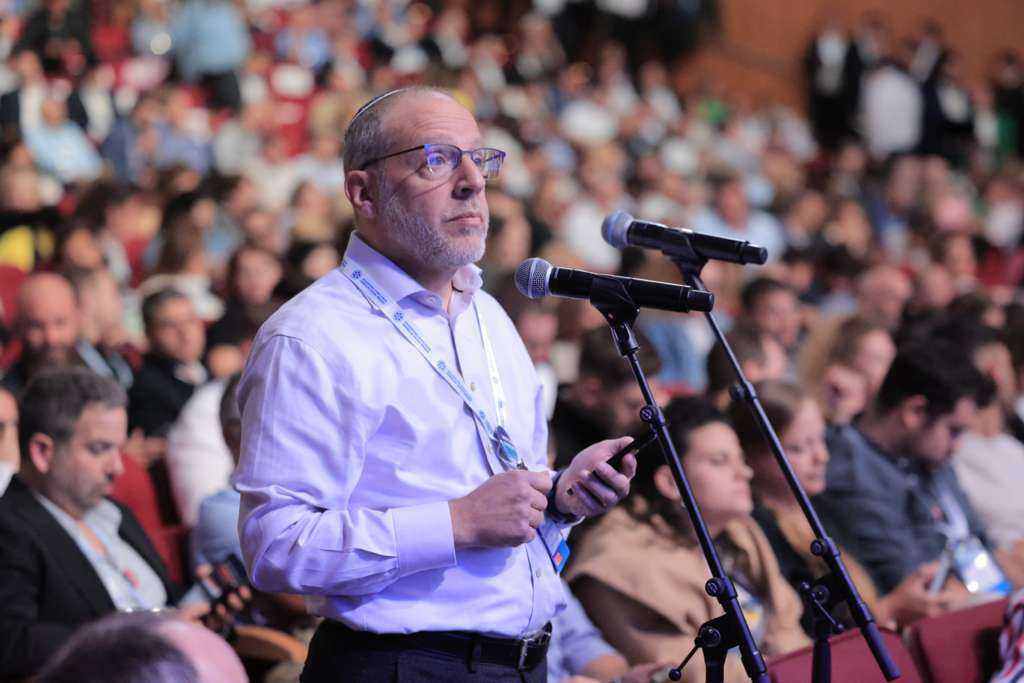
When Rabbi Steven Rein took the reins of Agudas Achim Congregation in Alexandria, Virginia, in February of 2014, he told the congregation that his number one goal as their new rabbi was for the congregation “to come together to engage in meaningful relationships with God, with family, and with community.”
In the Spring of 2017, Agudas Achim joined the fifth cohort of USCJ’s Sulam for Strategic Planners program in order to identify a path forward to help them achieve their vision of a community built on covenantal relationships.
The Strategic Planning Committee at Agudas Achim spent a year and a half working through the program – refining their vision, holding community conversations, conducting a survey, interviewing stakeholders, and engaging task forces. They chose to focus their work on the areas of leadership and governance, operations and finance, spirituality, prayer, and learning, member engagement, and communications, and as Rabbi Rein explained, the “sacred relationships with one another” which are the “connective tissue” that bind all of them together. In Rabbi Rein’s words, “We are in the business of helping people find connections and experiences of wholeness through relationships.”
In fact, one of the benefits that Agudas Achim saw from the strategic planning process was that the planning committee bonded as a group. There was a cohesiveness that resulted from working so intensively together on this project over the course of the year. Though this wasn’t necessarily a stated goal of the process, it fit nicely with the congregation’s goal of building sacred relationships.
In response to the planning committee’s strategic recommendations related to leadership and governance, the Board has implemented changes in their board structure to ensure that every board member has a portfolio and is working with a committee. They have also brought new people onto the board, some of whom were involved in the planning process, in order to further ensure that the strategies contained in their plan have the buy-in needed to move forward. In fact, the new president who was just elected this summer was a member of the planning committee and selected to chair the implementation effort.
Congregational leaders have also worked with the budget committee to ensure that their budget includes the high priority items that came out of the planning process, and the new president has already committed to including a strategic planning update on the agenda of every board meeting this year in order to ensure continual progress on their objectives. In fact, all major objectives identified in the strategic plan are in process and moving forward, albeit cautiously, in order to ensure proper buy-in and budgetary support.
In discussing the impact of Sulam for Strategic Planners at Agudas Achim, it became clear that the success of the program built on the success of some of USCJ’s other Sulam programs in which the congregation had previously participated.
Just before embarking on their strategic planning effort, Rabbi Rein decided to participate in USCJ’s Sulam for Emerging Leaders (SEL) program, where the rabbi and a lay facilitator from the congregation jointly facilitate a year-long program for members in their 30s and 40s who have not yet taken on synagogue leadership positions, but have been identified as people with leadership potential. At Agudas Achim, two members of that emerging leaders group were selected to be on the strategic planning committee, and are now new “rising stars” on the board, one of them chairing the membership committee.
Agudas Achim had also participated in USCJ’s Sulam for Purposeful Living (SPL), a program geared to members of the congregation who are part of the baby boomer generation, who may have already served in leadership positions, and are no longer as engaged in the congregation as they once were. As part of the SPL program, participants are encouraged to think about the talents and skills they have acquired over the course of their lifetimes, and how they might contribute those skills to the community. It turned out that one of the participants in the SPL group was a nonprofit consultant, who agreed to help train the board in best practices of nonprofit boards, in direct response to the need for more board training, which was identified in the strategic plan.
The Hebrew word, Sulam, means “ladder.” Our Sulam suite of leadership programs constitute a ladder with several rungs, which together give congregations the ability to reach higher toward their goals of becoming thriving congregations with thriving leaders.









